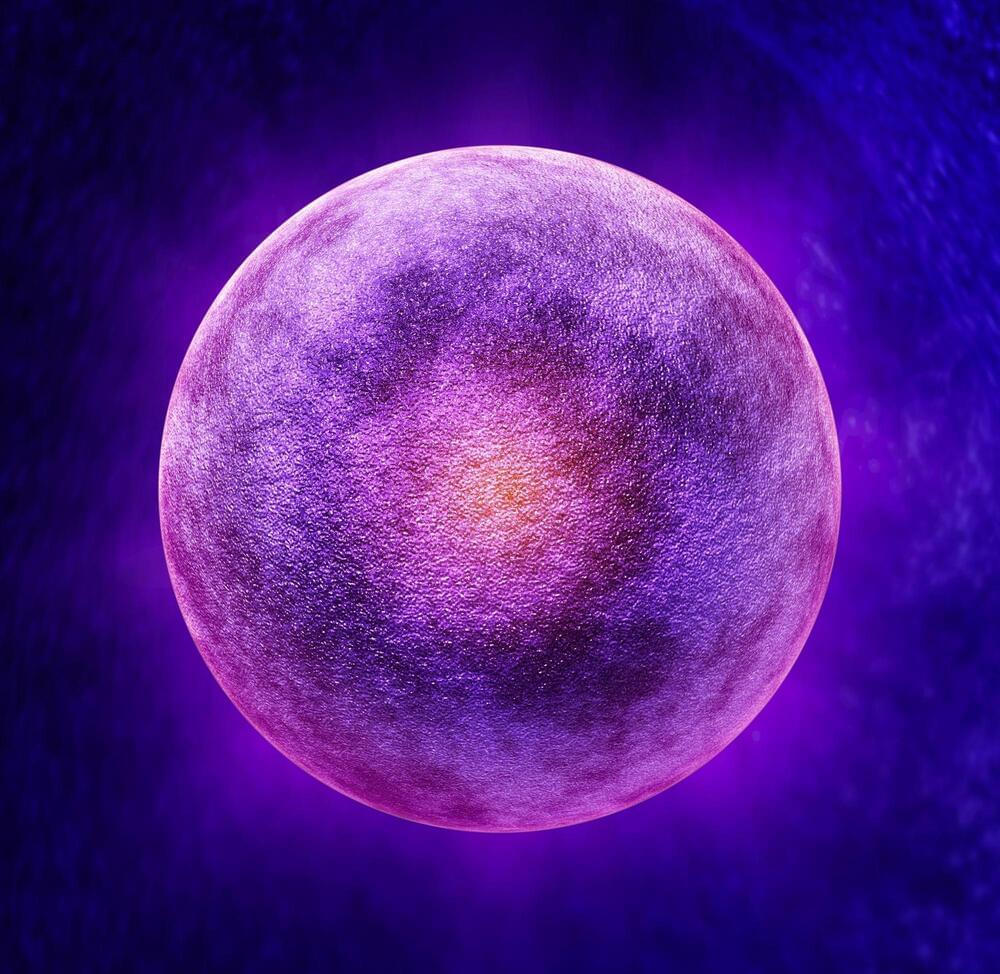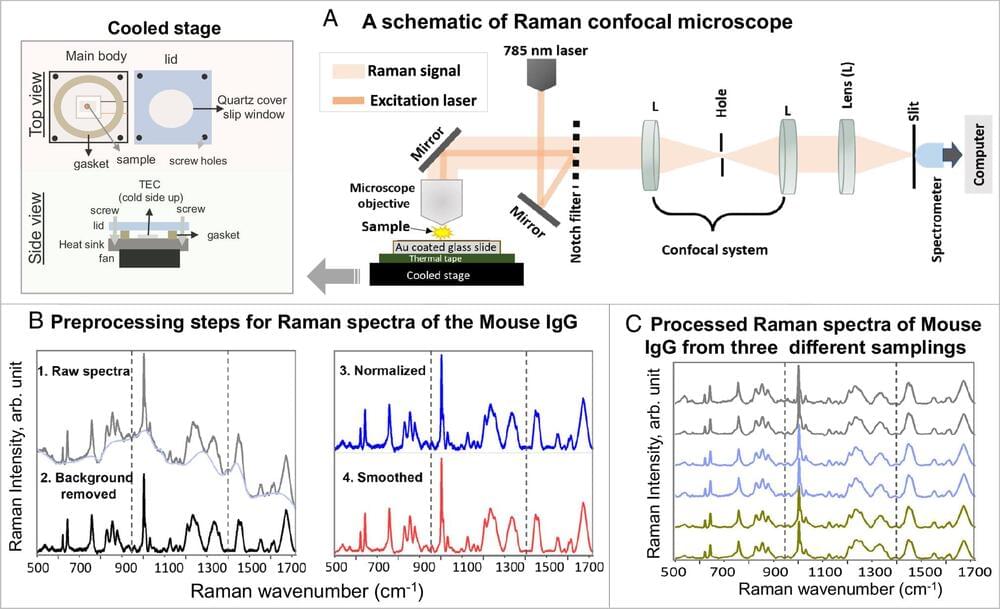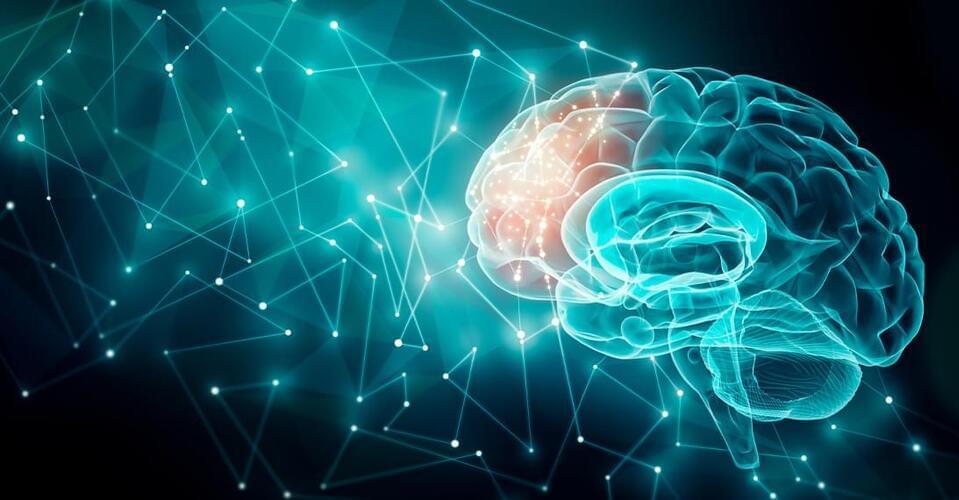Recent collaborative research conducted by scientists in the United States and China unveils the mechanism through which a fertilized egg cell, also known as a zygote, triggers a ‘reset’, enabling the newly formed embryo can develop according to its own genetic program. The study was recently published in the journal Nature.
It has been known for some time that the genome of a newly fertilized egg cell is inactive and has to be woken up, said Richard Schultz, research professor at the University of California, Davis, School of Veterinary Medicine and a corresponding author on the paper. This step is called zygote genome activation.
“For the embryo to develop, the oocyte/egg has to lose its identity and does so by making new stuff,” Schultz said. “We now know the first steps in how this transition occurs.”









